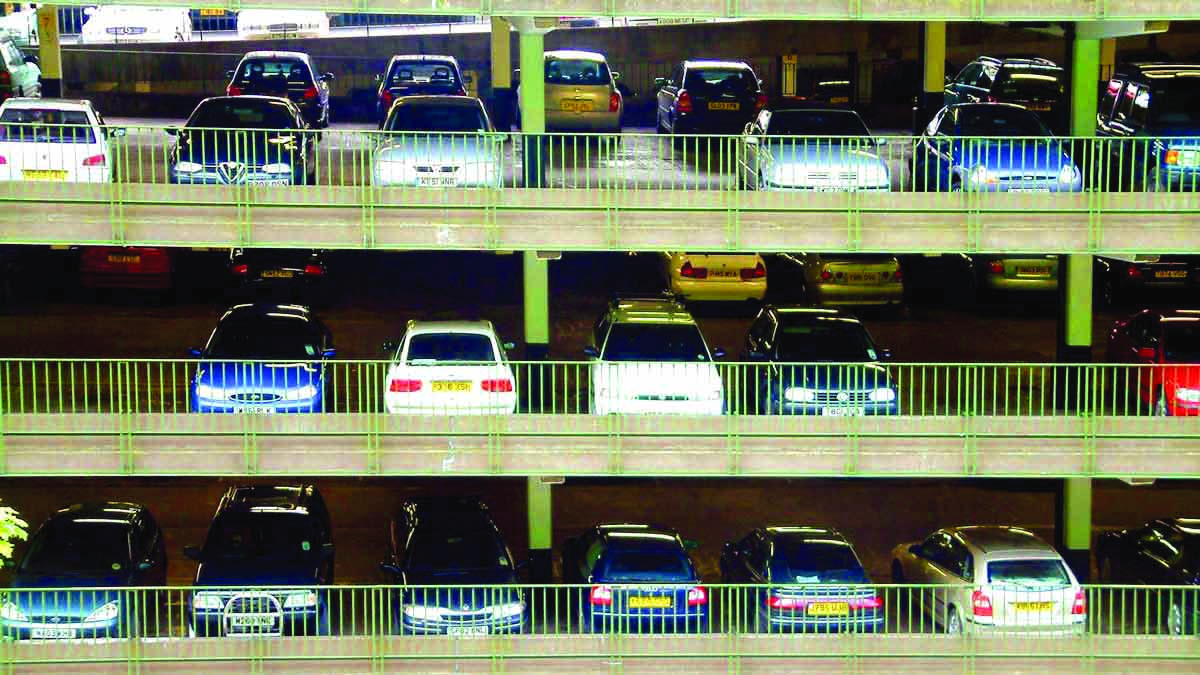PARKING is something that every driver must master – unless they plan on never going anywhere with their car, that is. If you’re a newbie behind the wheel (or simply someone who isn’t so confident with parking), here are five universal tips to help make your life easier:
1) Memorize your car’s height.
One thing we constantly have to keep in mind, especially with big cars, is how tall the vehicle is. Enclosed parking lots have maximum clearance barriers at the entrance, and it’s always a good idea to compare that versus your car’s height. Those precious millimeters could spell the difference between safe, secure parking, and a badly scraped roof.
2) Move your car slowly, but turn the wheel quickly.
The first part, moving slowly, ensures that you don’t accidentally hit any obstacles or other cars because you’re in a hurry to park. By driving your car slowly, you have greater control of your vehicle throughout the process. That said, you naturally have very little room to adjust and maneuver when you park, so turning the wheel quickly means you can make bigger adjustments in a confined space.
3) If the parking lot is covered, turn your headlights on.
Many people forget this, especially when it’s daytime and they’ve just come from a well-lit area outside. Covered parking lots can be dark, but even if it’s well lit, it pays to turn your headlights on when you enter. This not only ensures that you can see where you’re going, it alerts other cars of your presence as well.
4) Make sure your side mirrors are adjusted properly.
This is something that should be done before you even leave your house. Your side mirrors should not only show the sides of your car, but they should also be angled out enough so that you can see other obstacles next to you. This is especially true when you’re parking and you need to worry about the cars next to you. Properly adjusted mirrors will make parking a lot easier.
5) Don’t rely on sensors, but don’t dismiss them, either.
These days, most cars come with myriad sensors and cameras that help us see and detect potential hazards. Still, nothing beats your own eyes and ears, so you shouldn’t shut them off in favor of relying entirely on those built-in sensors. That said, you shouldn’t dismiss their warnings either. Sometimes, those sensors go haywire because they can see a small hazard that your own eyes might miss — so if you hear a beeping sound, check to see if the coast is clear first before proceeding.
Of course, you probably won’t integrate all of these habits overnight, because like any other habits, they take a while before they become second-nature. But we do recommend that you include these into your parking SOP for a safer and more convenient experience. (Topgear.com.ph)




